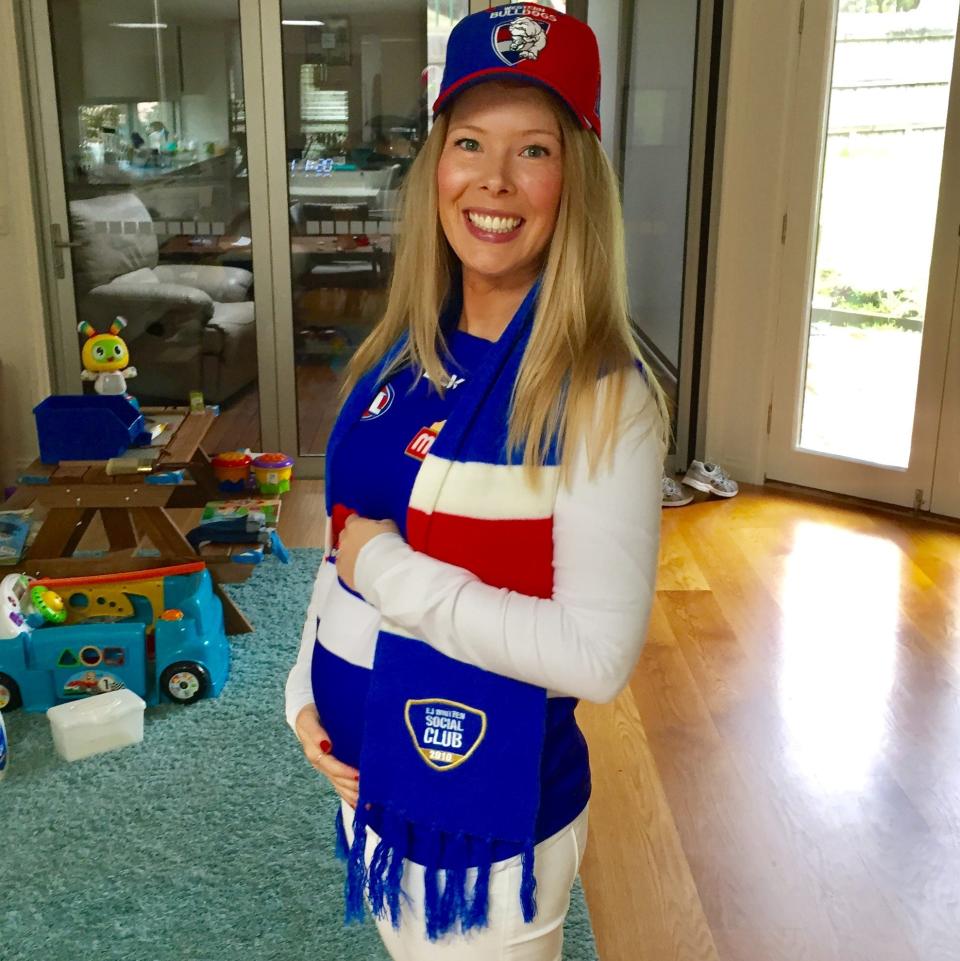A mom who drank a few glasses of wine while pregnant had a son with developmental issues. She said the buzz wasn't worth it.

Natalie Battaglia had a few drinks during pregnancy, and her son had some unusual mannerisms.
Battaglia doesn't know if alcohol led to her son's issues, which doctors initially suspected was cerebral palsy.
Increasing evidence shows even light drinking in pregnancy can affect the fetus.
When Natalie Battaglia finally got pregnant with her first child after over a year of trying, she "cherished it like nothing else." That meant avoiding anything that could harm the baby, including alcohol, save for the very occasional half-glass of champagne.
With her second child, though, Battaglia was more relaxed — including with alcohol. That time, "when people said to me, 'Why don't you just have one?' or 'One won't hurt,' I listened a little bit more keenly," Battaglia, who at the time ran a shelving business with her husband in Melbourne, Australia, said on a recent episode of the "Knockoff Drinks with a Difference" podcast.
A few times during that pregnancy, Battaglia drank a full glass of wine. At least once, she had two. It was "definitely enough to feel the effects," she said.
Still, she carried the pregnancy to term and delivered a healthy baby boy in 2017. It wasn't until about six months postpartum that she noticed some unusual behaviors in her son that doctors implied could be related to alcohol use in pregnancy.

Battaglia, who's been a non-drinker since April 2020 and now runs the recipe blog The Mindful Mocktail, shared her story with fellow sober influencer and podcaster Amy Armstrong of Dry But Wet to raise awareness of the potential dangers of drinking even a little while pregnant.
Research out this week amplifies her rallying cry, suggesting that less than one drink a week in pregnancy can significantly impact fetal brain development.
"We will never know if it was the alcohol that caused my son's issues, but we will never know that it wasn't," Battaglia, now 39, told Insider in an email. "From personal experience, I can assure you that a glass of wine or two during pregnancy is not worth the 'what-if's.'"
Pediatricians questioned whether Battaglia drank during pregnancy
Battaglia's son would "scissor" his legs instead of keeping them straight, and hold up his arms like he'd just won a race.
"I thought that was adorable and so funny and so cute," she said on the podcast. "And it was — until I realized that there was a problem, that this wasn't normal."
Battaglia took him to the pediatrician, who assessed him and then asked Battaglia some questions. One of the first was whether she'd had any alcohol while pregnant.
"I just froze. I wasn't expecting that question, and I lied," Battaglia said. "I was ashamed and I thought, 'Even if it was the alcohol, there's nothing I can do about it now anyway, so what's the point in telling the truth?'"
The doctor then consulted with another pediatrician, and the pair said they thought Battaglia's son had cerebral palsy, which describes a group of disorders that affect a person's mobility. "I was just devastated," she said.
While alcohol use in pregnancy isn't a direct cause of CP, the disorders come about from damage to the brain before or soon after pregnancy. Alcohol consumption in pregnancy can damage the developing brain, though there's debate as to how much has an effect.
Drinking in pregnancy can also lead to a low-birth weight baby, which is a risk factor for cerebral palsy. Fetal alcohol syndrome disorders (FASD), or the range of physical and mental impairments caused by alcohol consumption during pregnancy, can also have similar characteristics as cerebral palsy, like coordination issues.
One study suggested that about 8% of children with an FASD have CP.

 Yahoo Autos
Yahoo Autos 